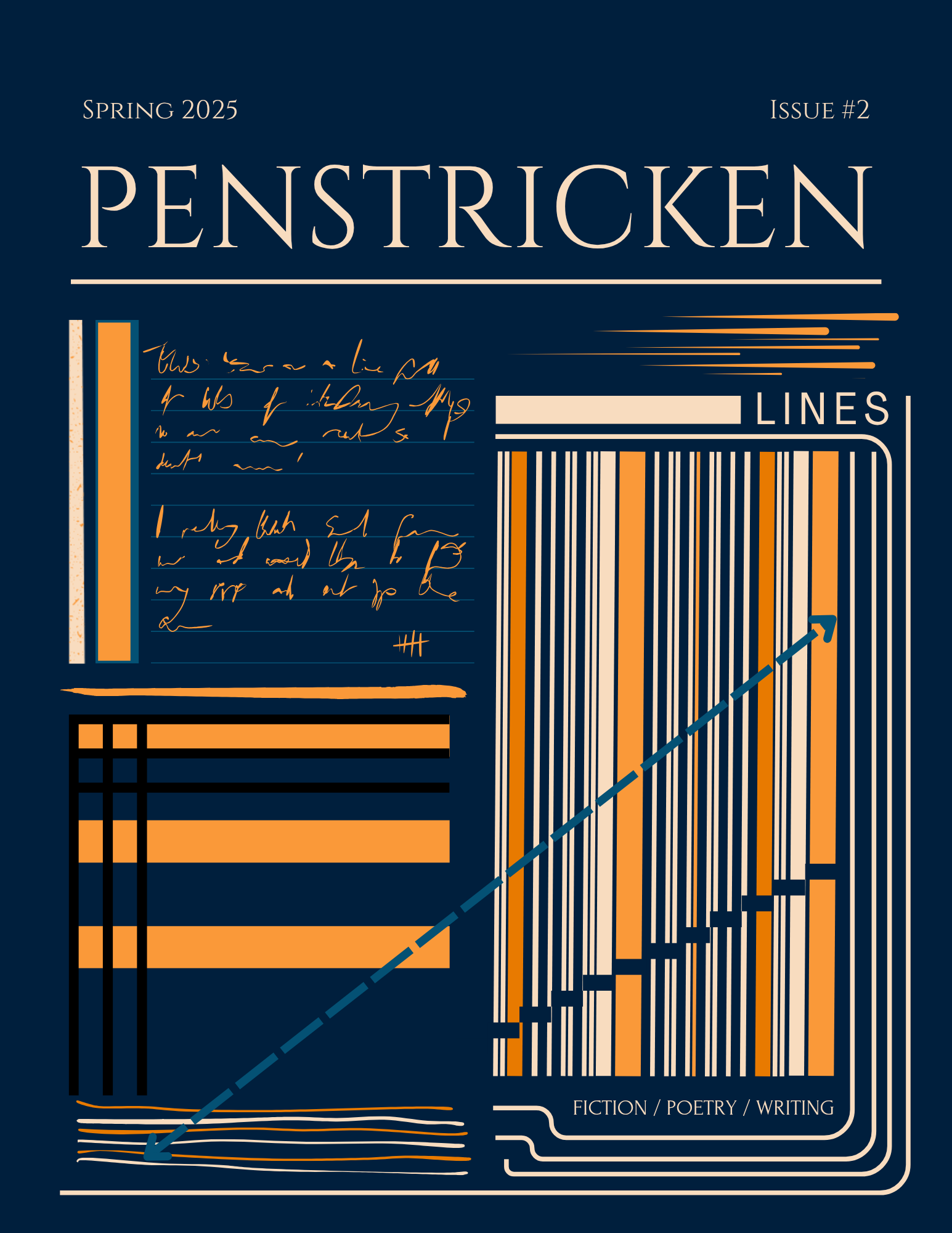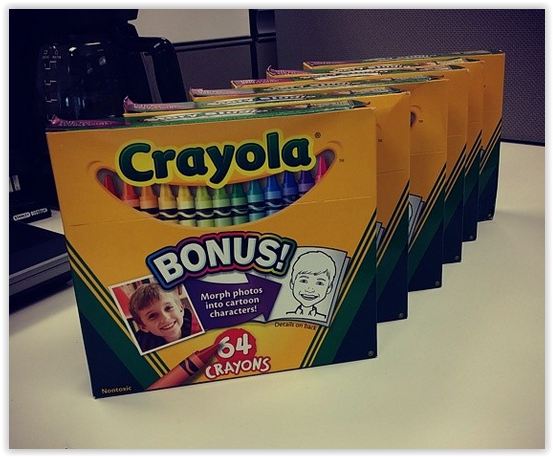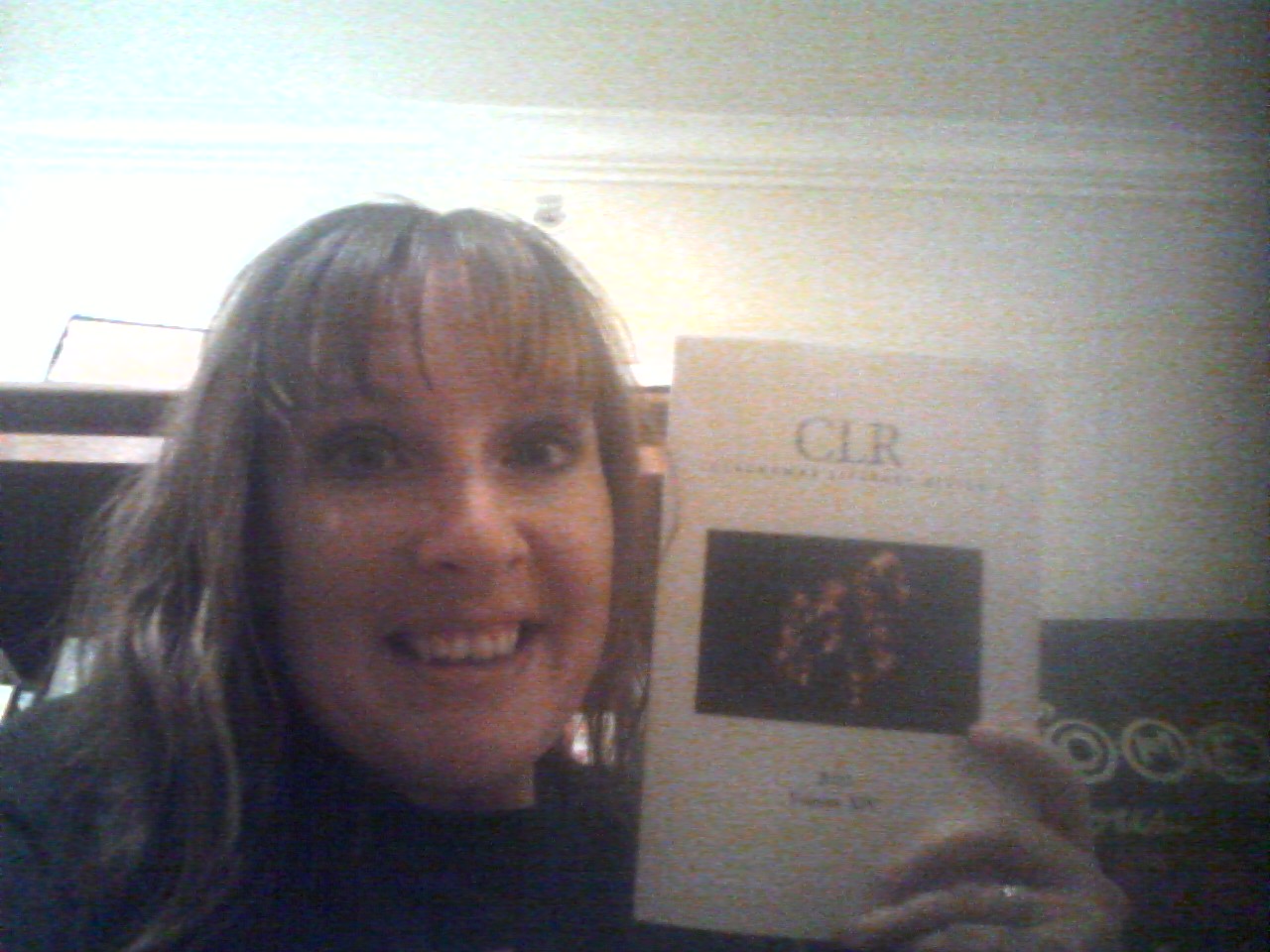Like most of the country, I didn’t know who Amanda Gorman was before Tuesday, January 20. At any given time I could tell you a few of my favorite poems, a few of my favorite poets, but I couldn’t tell you who the current poet laureate or youth poet laureate is. I couldn’t even tell you who the poet in residence on The West Wing was, and I’ve seen that whole series three times. But I can tell you that despite my best efforts to be nonplussed by everything inaugural, I was legitimately excited to see that the youngest inaugural poet ever was a female person of color, and excited that I identified a lot with her story.
Granted, she is from Los Angeles and I am from about the furthest thing from Los Angeles. She grew up with a single mom; I grew up with a single dad. But like Gorman, I fell in love with poetry from a very young age (although my very young age was much before Amanda’s) because it felt like one of the only ways I could truly express myself. I wrote a ton of (really bad) poems as a kid, as an adolescent, and beyond. I still write bad poems when there’s a really big feeling I have that I don’t know how else to get through. For every poem I have had published, there are 20 more sitting in a folder.
And like Gorman, I have a speech impediment, too. Sometimes my stutter is barely noticeable if I am relaxed, not overthinking my speech, and talking to people I know, like when I read books to my kids. Other times, especially when I am talking to new people or speaking up in front of people, my brain will completely short-circuit my speech and cripple my ability to get through certain sounds without stuttering. And the longer I am away from regularly talking to people, like a whole year working from home in quarantine, the worse my stutter gets. It’s like, 18 months away, but I am already dreading doing book readings for Community Klepto and stuttering over certain words. Good thing I didn’t name my protagonist Millie or Rachel.
Poetry is a very solitary, deeply personal art. For most poets, it’s one of the only ways to express feelings and emotions they may not even consciously know they’re feeling. Refining a poem to use just the right words in a very concise form is long, tedious work. “The Hill We Climb” wasn’t written overnight. I’m no Amanda Gorman, but a poem of that length would have taken me weeks, maybe months. When we see a poem like “The Hill We Climb” read aloud for a few minutes on a national stage for the whole world to see, it’s easy to forget the long, lonely work of turning those personal thoughts into something worth reading. Watching someone who’s fought struggles with speech read her heart’s work so passionately and eloquently in front of the entire world… that’s incredibly inspiring to me.
It’s become part of my weekday monthly routine to listen to a poetry podcast while I walk around the block, drink my coffee, and wake the fuck up. Hearing Padraig O’Tuama read on Poetry Unbound sets the tone for the rest of my day and it’s been a great way to get introduced to new poets beyond the Seamus Haney and Emily Dickinson I had to read in college. Poets, especially modern poets, don’t get a lot of respect. They’re viewed as weirdos (and to be fair, some are – I distinctly remember going to a slam poetry open mic for extra credit and hearing a very hairy dude tell us not to clap for him because he was not a poet, but a conduit for a higher power). It’s easy to see poetry as something kitschy or woke or elitist. But after Tuesday, more people bought poetry than ever, and a 22-year-old poet is going to be taking her kitschy, woke, elitist work straight to the bank. And that’s awesome.




